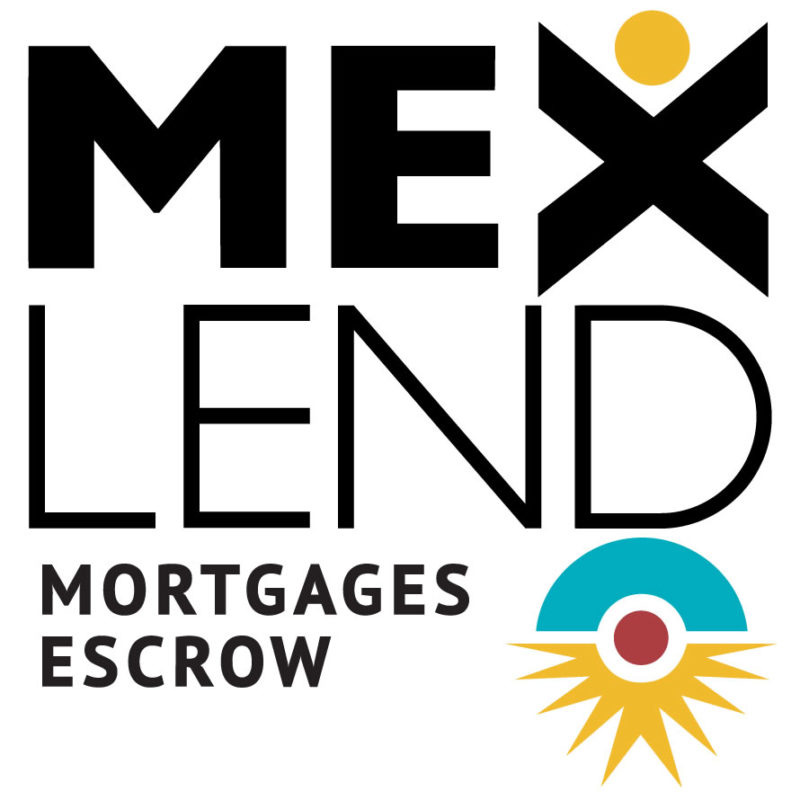Q: As a Seller, my realtor is pressuring me to offer owner financing. Why should I do this if there are mortgages available? Stan H., Seattle, WA
A: In recognition of a soft market, some realtors are recommending owner financing as an option for a quicker sale. While it makes sense for some sellers, there are pros and cons.
The most important question you need to ask yourself is: Do you need or want the full amount from the sale as quickly as possible? If the answer is “yes” then owner financing is not an avenue you need to embrace. Typically owner financing requires a hefty down payment on the part of the buyer and a short amortization period of 1 to 5 Years. This short amortization period represents a much higher monthly payment for the buyer – often 3or 4 times more than that of a 30 Year Loan. Frequently, buyers – even with the best of intentions when venturing into such an agreement – find themselves unable to continue making such large payments at some point during the course of the loan. Consequently, it is imperative when offering owner financing, that a seller perform a rigid cash flow and credit analysis to determine if the buyer (borrowers) can, in fact, afford the loan.
With a traditionally mortgaged client, you will have the entire sales amount in your pocket at the closing. There are a myriad of ways to structure owner financing, but it will still leave you unpaid for the full amount of the sale, until which point the final payment is made. Of course, the realtor will still receive full commission.
Another drawback for some is that this locks you into a relationship with your buyer for a number of years. If there is a non performance issue or loan default, do you have the stamina or time to pursue this legal matter in Mexico?
Also, if your buyer cannot obtain institutional financing, you might have to ask yourself “why?” If they cannot qualify for a traditional mortgage, is this someone who you want to enter into a financial relationship? Mortgages require the vetting of the buyer’s credit history and their ability to make payments. Do you have the tools to vet a potential buyer to the point that you have a comfort level?
Now, there are a some buyers who fall between the cracks and will not qualify for a traditional mortgage. For example: Canadian citizens that earn their livings outside of Canada. This is because, unlike the United States, Canadian tax laws do not require their citizens to file if they are working in a foreign country. We ran into this when we had a Canadian client who worked in the oil industry in the Middle East. He had an excellent credit history and earned more than enough to qualify to make payments and in addition had vast reserves of liquid assets. However he had not filed taxes in Canada, because he was not required to. The problem is that traditional Cross Border Lenders require tax returns as proof of income, therefore he did not qualify for these programs. We were very disappointed in not being able to obtain a mortgage in this case for an incredibly qualified client and friend. The seller offered owner financing and the deal went forward.
We would be remiss if we did not also include the upside of owner financing. First and foremost, is that you have sold your property. Secondly, you dictate the terms and most likely are charging interest on the payments, and therefore will stand to earn more than the sales price when compounding the interest.
In the years before mortgages were available for Mexican properties, owner financing was more the norm. These days, with a very few exceptions, why put yourself in this position unless you are solvent enough to take the risk for the small additional income?





